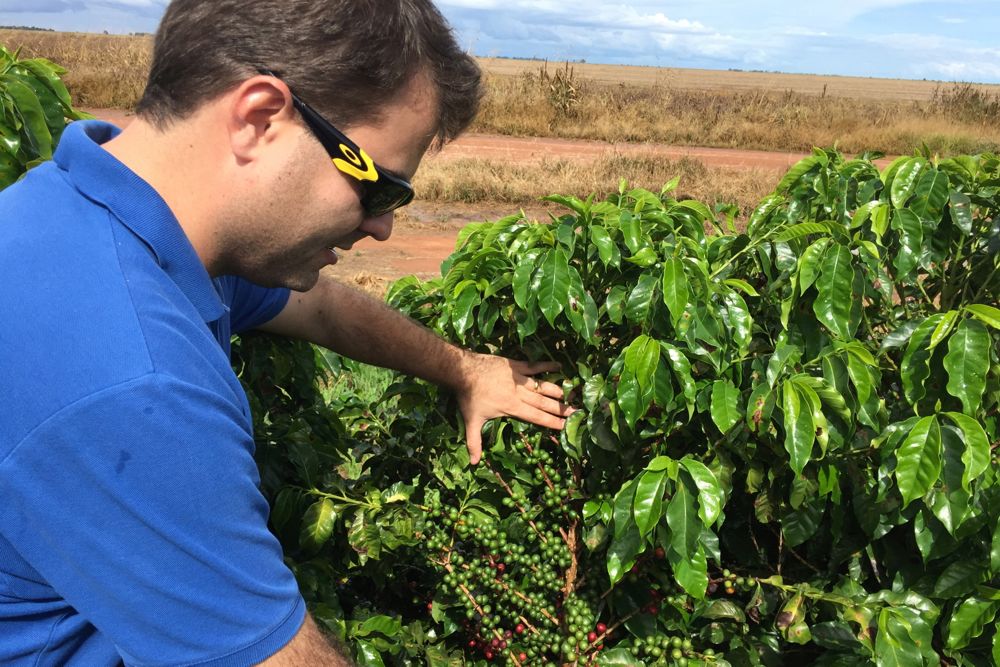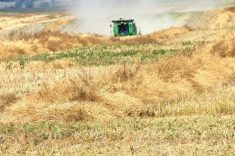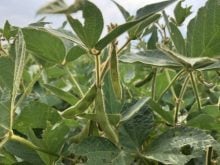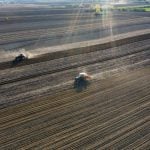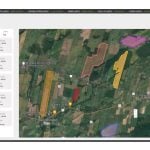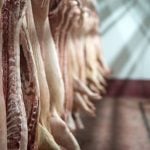Luis Eduardo Magalhaes, Brazil | Reuters –– Farmers tending vast, flat soy and cotton fields that spread as far as the eye can see in northeastern Brazil are finding that coffee crops might provide higher profits in the country’s agricultural frontier.
More coffee farms are being developed in the western part of Bahia state, which was unsuitable to raise the beans before wide-scale irrigation systems started to be installed there a decade ago. The region’s flat fields allow for a fully mechanized harvest, reducing producing costs.
Read Also

U.S. grains: Soy futures post biggest monthly gain in nearly five years on China trade optimism
U.S. soybean futures climbed to a 15-month high and posted their biggest monthly gain in nearly five years on Friday following a rally fueled by the prospect of revived exports to China.
These farmers cultivating coffee along with other crops such as soy and cotton are finding the arabica beans more profitable, even in the current scenario of reasonably high international prices for soy and low values for coffee.
“Coffee is what provides the largest return,” said Glauber de Castro, one of the owners at Fazenda Cafe do Rio Branco, a family-owned agricultural company managing 500 hectares of arabica coffee and 200 hectares of soybeans in Luis Eduardo Magalhaes, Bahia state.
He said both coffee and soy should have good yields this year, due to favourable weather, after a couple of years of poor climate that was never fully offset by irrigation.
Castro estimates coffee yields to jump to 47 60-kg bags this year from 33 bags in 2017, as soy productivity also reaches high levels.
Fazenda Cafe do Rio Branco produces high-quality, washed arabicas that it sells directly to Italian processor Illy.
He said that to achieve higher profitability with soybeans, he would have to put more land under cultivation, to gain scale.
Caetano de Carvalho Berlatto, a coffee producer in the neighbouring town of Sao Desiderio, has reported a peak yield of 60 bags per hectare, double the national average. He works with two large irrigation systems in the 200 hectares where arabica coffee plantations were set up.
He says production could be even higher if not for pests such as the “mineiro bug,” a tiny worm that eats through plant leaves, reducing production potential.
Warmer weather in Bahia, compared to traditional coffee cultivation areas such as Minas Gerais and Sao Paulo, leads to increased infestations at times.
— Reporting for Reuters by Roberto Samora; writing by Marcelo Teixeira.

